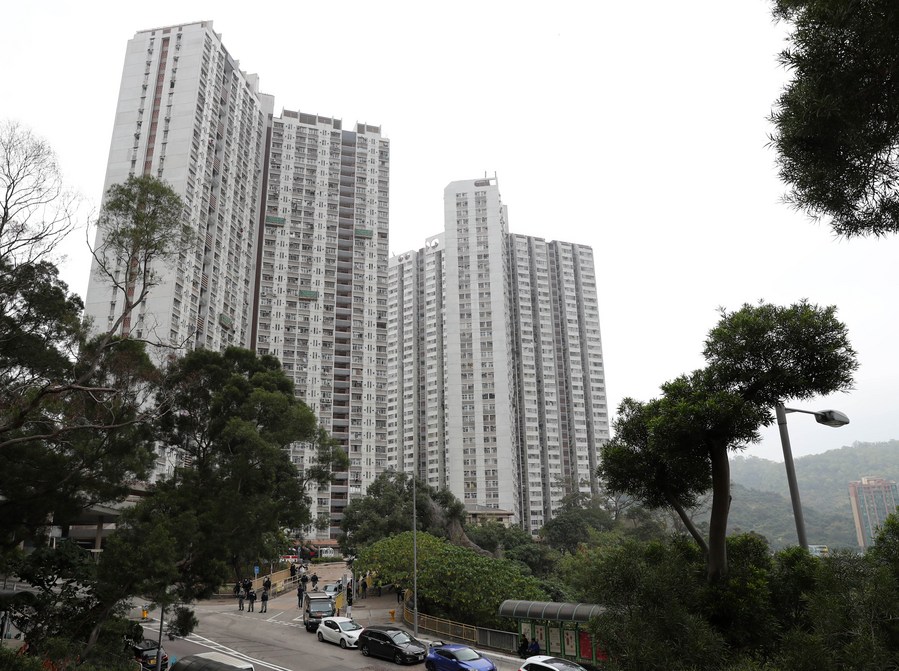Hong Kong’s New Initiatives Tackle Chronic Housing Issue

While these housing development proposals and strategies are highly effective, the Hong Kong government needs to ensure that development is always aligned with public and social interest.
The chief executive of China’s Hong Kong Special Administrative Region (HKSAR), Carrie Lam, recently published the 2021 Policy Address, and as expected, housing policy is coming under the spotlight.
The Hong Kong government has identified about 350 hectares of land to produce some 330,000 public housing units over the coming 10-year period. This is a further step by the government following on from when the public/private housing split was increased from 60:40 to 70:30 in 2018. This is certainly good news for many residents since a substantial amount of housing units are being provided for locals to give them somewhere to live, especially when residents generally need to wait around six years on average for public housing.

Faced with a growing population, the limited land resources have made the housing problem in Hong Kong a chronic issue which is difficult to resolve by increasing supply. One of the most eye-catching initiatives in the HKSAR government’s blueprint is the Northern Metropolis Development Strategy, which not only helps enhance local development and competitiveness, but also tackles the housing problem. Upon the full development, up to 926,000 apartments, including existing 390,000 homes in Yuen Long and North districts, will provide homes for around 2.5 million people. The explicit and clear vision put forward by the government shows its courage and determination in overcoming the contradictory opinions in society and going much further. This gigantic project can also form a strong and solid foundation for further housing development in the future.
The longstanding problem of housing affordability for the majority of the working population has led to a buildup in public distrust. To alleviate the hardship faced by families yet to be allocated public housing units, the government has employed a new mindset and introduced transitional housing, which involve a tripartite collaboration alongside community organizations and the business sector. The government has recently announced its intention to further increase the overall supply of transitional housing to 20,000 units, which allows people to obtain timely and adequate accommodation, and attain mutual help in their neighborhoods as well as employment support.
Since housing development requires long-term and ongoing development, the Hong Kong government has employed a multi-pronged approach in further increasing the land supply to alleviate the housing problem. This includes applying the Lands Resumption Ordinance to reacquire lands in the New Territories, initiating reclamation works on the Kau Yi Chau Artificial Islands, as well as further developing the New Territories North. These steps are important for ensuring there is sufficient land to cope with the rapid population growth.

Nonetheless, while these housing development proposals and strategies are highly effective, the Hong Kong government needs to ensure that development is always aligned with public and social interest. This requires the government to solicit broad consensus from different stakeholders in society.
After listening to different people’s views, the government needs to work out a plan that strikes a balance between various interests. It should especially be mindful of the interests of minorities, whose voices could easily be neglected. At times it may not be possible to tailor the development plan to everyone’s needs. When this happens, it is important for the government to include compensation measures.
Furthermore, the government should gradually and patiently articulate its considerations to the public in detail and explain why its plans are so important. This paves the way for different stakeholders to arrive at a broad consensus. It also increases public support and trust toward the policies, which facilitates overall governance and policy-making.
Mathew Wong is an assistant professor in the Department of Social Sciences at the Education University of Hong Kong.
 Facebook
Facebook
 Twitter
Twitter
 Linkedin
Linkedin
 Google +
Google +










